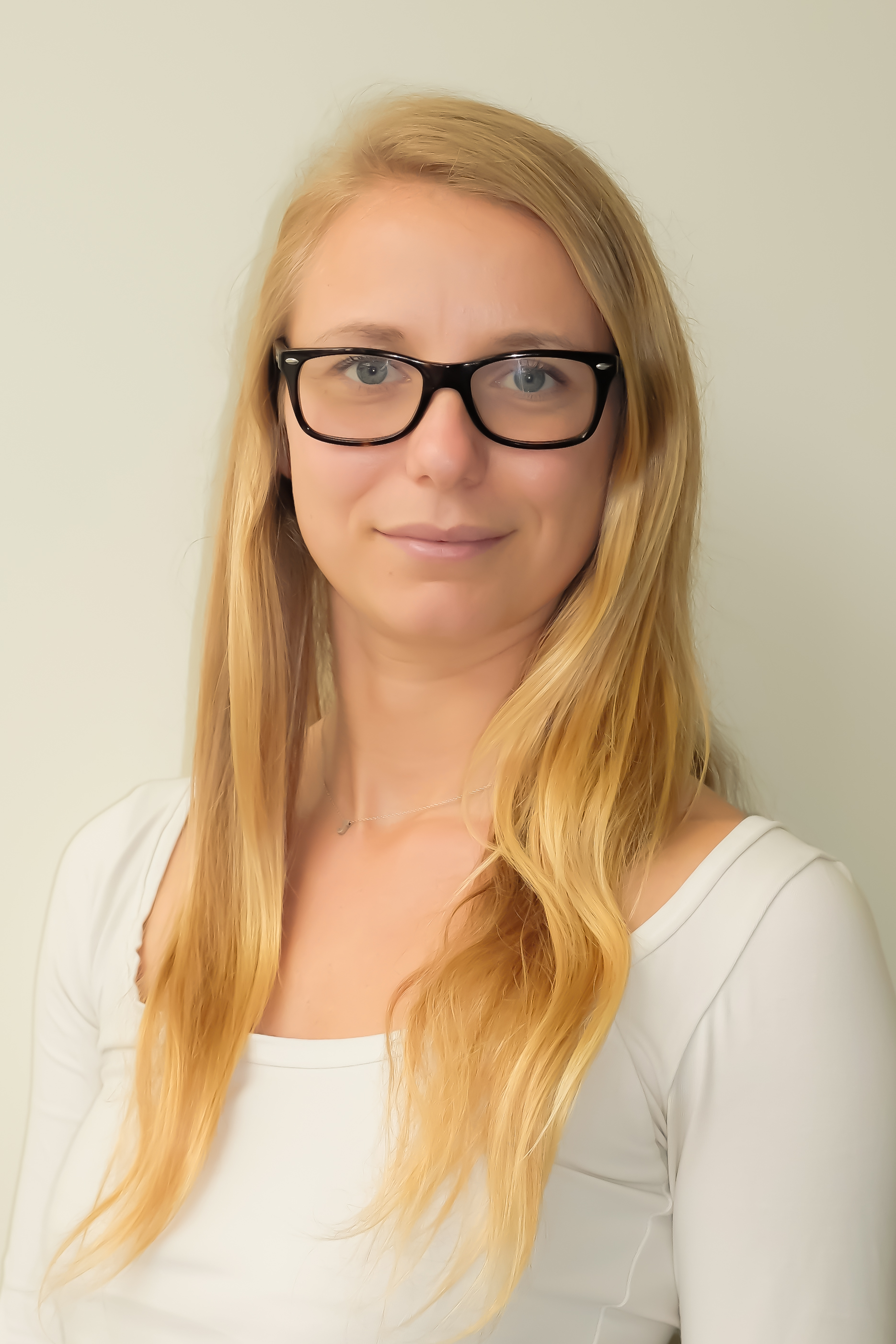
Keywords
Fields of Research (FoR)
Neurosciences, Medical biotechnologyBiography
Peggy’s research goal lie in uncovering how neuroinflammatory mechanism and synaptic dysfunction drive the development of neurodegenerative diseases such as Alzheimer’s, Parkinson’s and L-Dopa induced dyskinesia.
She is particularly interested in understanding if activated microglia and astrocytes and cells of the adaptive immune system may causally drive multiple pathophysiological abnormalities, as they lose their supportive role in...view more
Peggy’s research goal lie in uncovering how neuroinflammatory mechanism and synaptic dysfunction drive the development of neurodegenerative diseases such as Alzheimer’s, Parkinson’s and L-Dopa induced dyskinesia.
She is particularly interested in understanding if activated microglia and astrocytes and cells of the adaptive immune system may causally drive multiple pathophysiological abnormalities, as they lose their supportive role in disease and instead become harmful. Thus, part of her project is to investigate synaptic dysfunction, such as changes in synaptic and structural plasticity, and how a neuroinflammatory milieu impacts them. Furthermore, she aims to elucidate if anti-inflammatory treatment may prevent or reduce gliosis or the infiltration of adaptive immune cells into the brain, which could restore normal glial function within the brain. This in turn could translate into improved synaptic transmission and thus potentially reduce symptoms of neurodegenerative diseases.
Dr. Peggy Rentsch completed her undergraduate in Biotechnology in Germany, before moving to Australia to complete her PhD studies at UNSW under Prof. Bryce Vissel’s supervision in 2019. Upon completion she joined UTS as a postdoctoral researcher and in 2022 moved to St. Vincent’s Centre for Applied Medical Research to take up a role as senior scientist and coordinator of organisational development.
Peggy is passionate about teaching and student supervision, and she was part of the HDR panel as well as helped coordinate the Honours course at UTS. At AMR Peggy is responsible to coordinate all internship, honours, masters and PhD student recruitment, project assignment and student development to grow the future leaders in science and medicine. Peggy has supervised over 15 honours and 8 PhD students in the past 5 years, with 95% receiving the highest marks or first class honours. Of the honours students 5 have since started their PhD under her supervision, which demonstrates her teaching excellence. She implemented clear structure for students, ensured their supervisors met their expectations and timelines and established regular student reviews to track student development.
My Research Supervision
Areas of supervision
Parkinson's disease, Alzheimer's disease